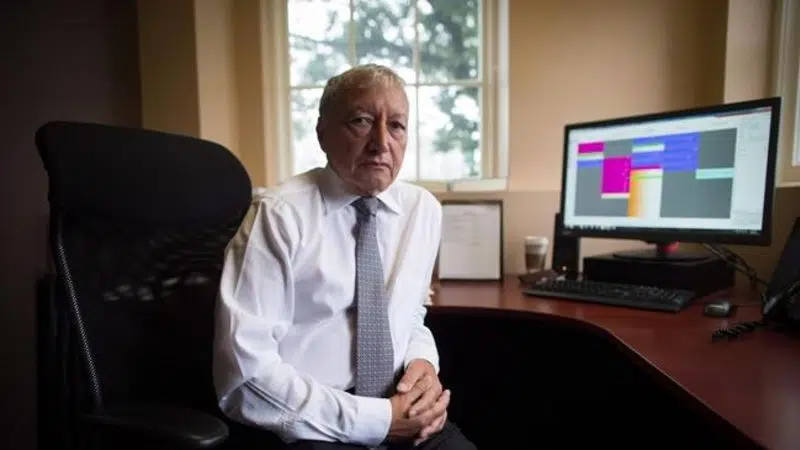
Closing arguments begin in B.C. case launched in 2009 over private health care
VANCOUVER — A framed iconic photo in Dr. Brian Day’s office shows Muhammad Ali raising a triumphant gloved hand as he stares down at his opponent splayed on the mat after a first-round boxing knockout less than two minutes into the fight.
Day, 72, will step into a courtroom on Monday as final arguments begin in the culmination of a battle he launched a decade ago against the British Columbia government based on a constitutional challenge saying patients have a right to pay for private care if the public system leaves them waiting too long.
“I stayed up to listen to the fight on the radio,” Day said of the legendary spectacle between Ali and Sonny Liston in 1965, adding he stopped boxing in his native Liverpool, England, at age 11 as his peers began outgrowing him.
He took on the provincial government, and in effect the “myth” of Canada’s single-tier universal health-care system, in 2009 and the case landed in B.C. Supreme Court in 2016 with support from four patients.


